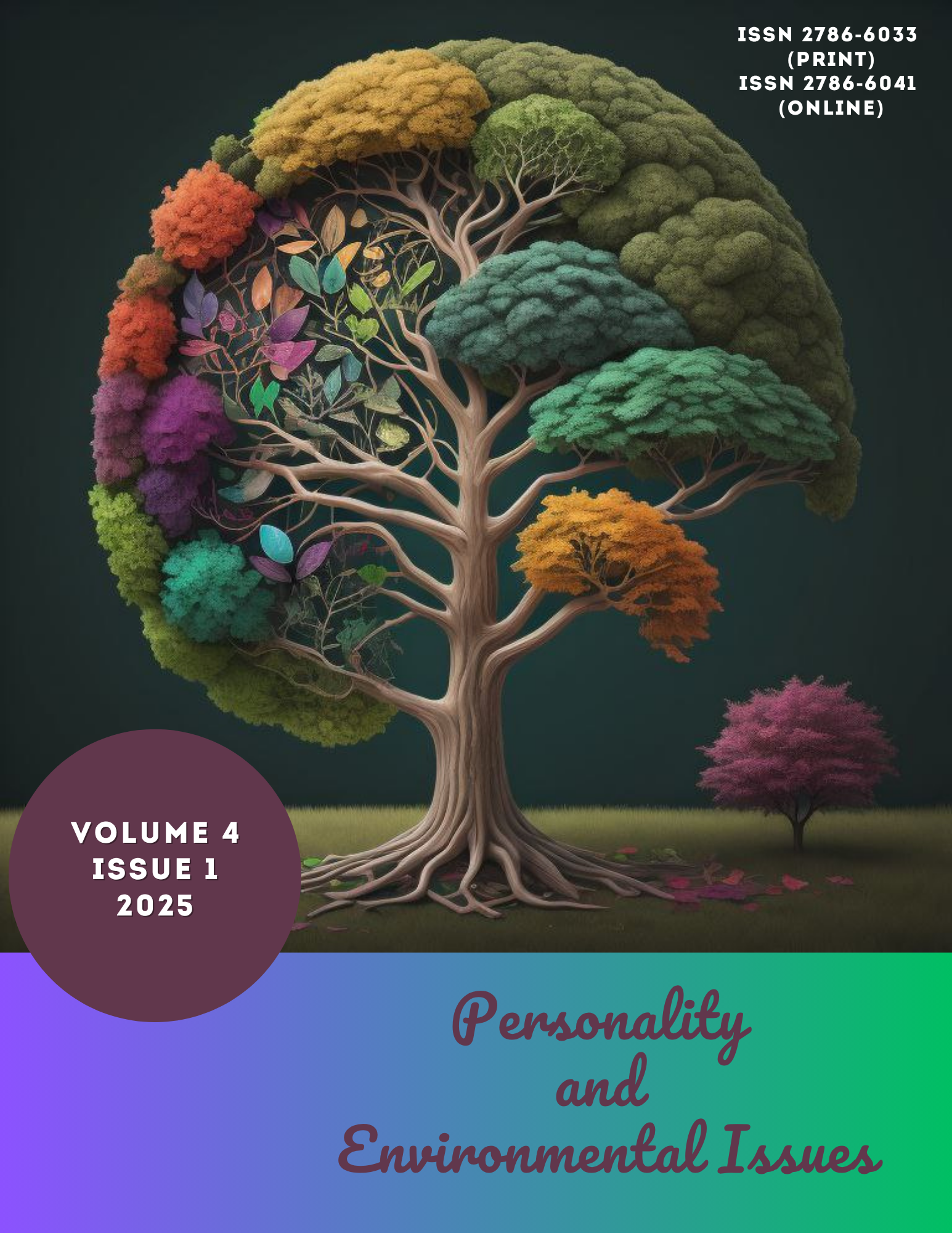Abstract
Tolerance is a fundamental value that determines the level of maturity and humanity of any society. In today's world, characterised by frequent crises, migration and social tensions, tolerance is becoming not only a moral but also a practical tool for ensuring stability and social cohesion. This concept is especially important for Ukraine, which has been facing unprecedented challenges related to internal displacement since 2014. The annexation of Crimea, the hostilities in Donbas, and Russia's full-scale invasion in 2022 have led to the massive displacement of millions of Ukrainians. According to the International Organisation for Migration (IOM), more than 5.1 million internally displaced persons (IDPs) were registered in Ukraine as of the end of 2024. This is the largest number of IDPs in the history of independent Ukraine. Having left their homes, these people have lost not only their homes and jobs, but also their sense of stability, social ties and part of their identity. The process of integrating IDPs into new communities is complex and multifaceted. Despite the willingness of many communities to help IDPs, there are numerous cases of prejudice, discrimination and conflict. This is mainly due to stereotypes, lack of information or fear of competition for resources (housing, jobs, social benefits).
In such a situation, community tolerance becomes a key factor for the successful integration of IDPs. In this context, social workers play an extremely important role. They act as intermediaries between IDPs and the local population, facilitate dialogue, organise awareness campaigns and integration events, and provide IDPs with material, social and psychological support. The activities of a social worker are aimed not only at overcoming prejudice and conflict, but also at building a socially cohesive society where all citizens, regardless of their past, have equal opportunities for self-realisation.
This article analyses the key role of a social worker in building community tolerance towards internally displaced persons. It examines the essence of the concept of tolerance and its importance for the stable functioning of the community, the main challenges faced by IDPs in integrating into a new environment, the functions of the social worker in creating conditions for the adaptation of IDPs and overcoming prejudice, examples of successful practices of working with IDPs in Ukraine and European countries, recommendations for improving the work of social services in this area. Special attention is paid to comparing Ukrainian experience with international practices. For example, in Germany, after the 2015 migration crisis, intercultural communication programmes were actively implemented, which significantly reduced the level of tension between the local population and migrants. Analysis of such examples helps to understand how to adapt international experience to Ukrainian realities.
The relevance of the study is due to the need not only for effective integration of IDPs, but also for creating a society where tolerance is the basis of relations between people. This publication will be useful for social workers, public figures, representatives of local self-government, researchers and students who study the issues of internally displaced persons and social integration.
Building a tolerant society is an important step towards overcoming the consequences of the crisis and ensuring sustainable development of Ukraine. We hope that the materials in this article will contribute to the dissemination of best practices in working with IDPs and help to develop new approaches to social cohesion.
References
International Organization for Migration (IOM). “Internally Displaced Persons in Ukraine: Analytical Report”.URL: https://iom.org.ua.
UNHCR Ukraine. "Reports on IDPs. URL: https://www.unhcr.org.
UNESCO Declaration of Principles on Tolerance, 1995. URL: https://unesco.org.
East and West Together Program.URL: https://gromada.gov.ua.
The Law of Ukraine “On Ensuring the Rights and Freedoms of Internally Displaced Persons”.
Звіт «Стан інтеграції ВПО в Україні: виклики та перспективи», Київ, 2023.
Program “Solidarni z Ukrainą”. Ministry of Labor of Poland. URL: https://www.gov.pl.
Sweden. Experience with the integration of refugees through psychological support. URL: https://sweden.se.
IOM analytical report on the distribution of IDPs in the regions of Ukraine (2023). URL: https://iom.int.

This work is licensed under a Creative Commons Attribution 4.0 International License.
Copyright (c) 2025 Олена Попова, Мілена Бондарчук





